This situation is nevertheless changing, as recent European Union legislation (European Electronic Communications Code) requires equivalent access to emergency services through a shift from emergency calls to emergency communications. This addresses the need to provide services beyond voice calls, such as video, text messaging and total conversation. The deadline for transposition of the text is 21 December 2020.
As countries are now implementing solutions to ensure accessibility to emergency communications, EENA’s newly updated document ‘Emergency Services Accessibility for Person with Disabilities’ looks closely at the obligations of EU Member States under EU legislation and asks:
- What solutions are available to ensure equivalent access?
- What are the pros and cons of each solution?
- What are the functional requirements of effective solutions?
- What best practices can be shared?
In conclusion, our new document aims to provide comprehensive information for countries to ensure that emergency communications are accessible to all citizens.
